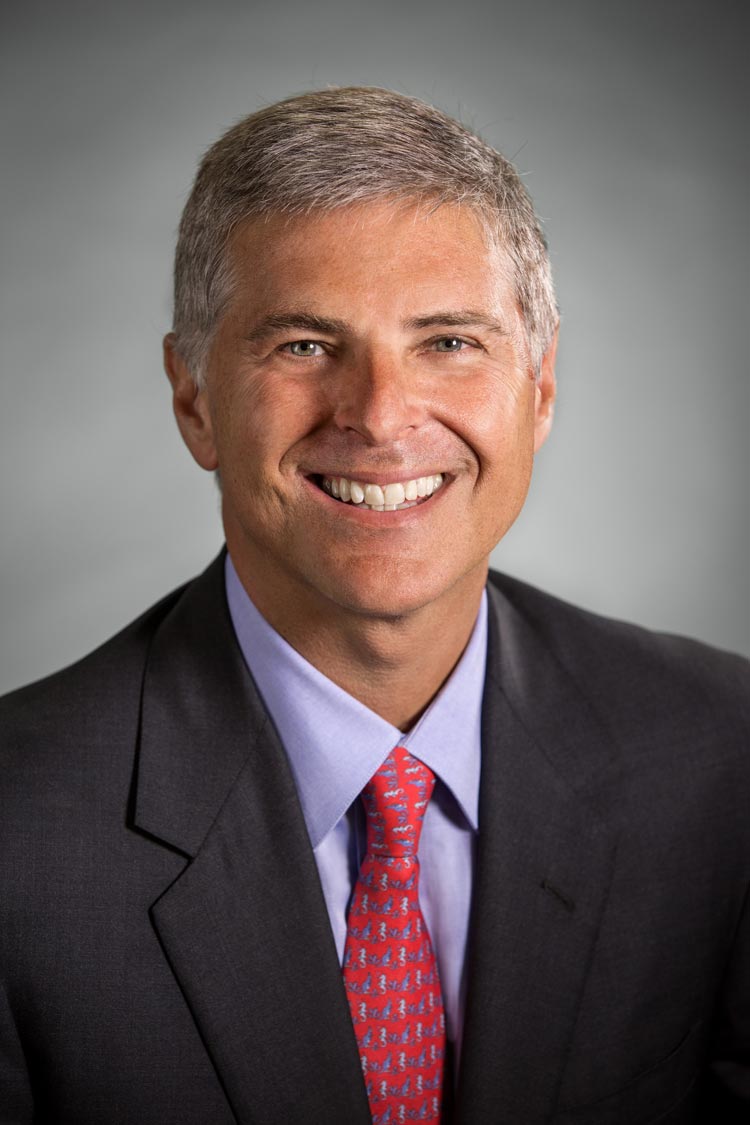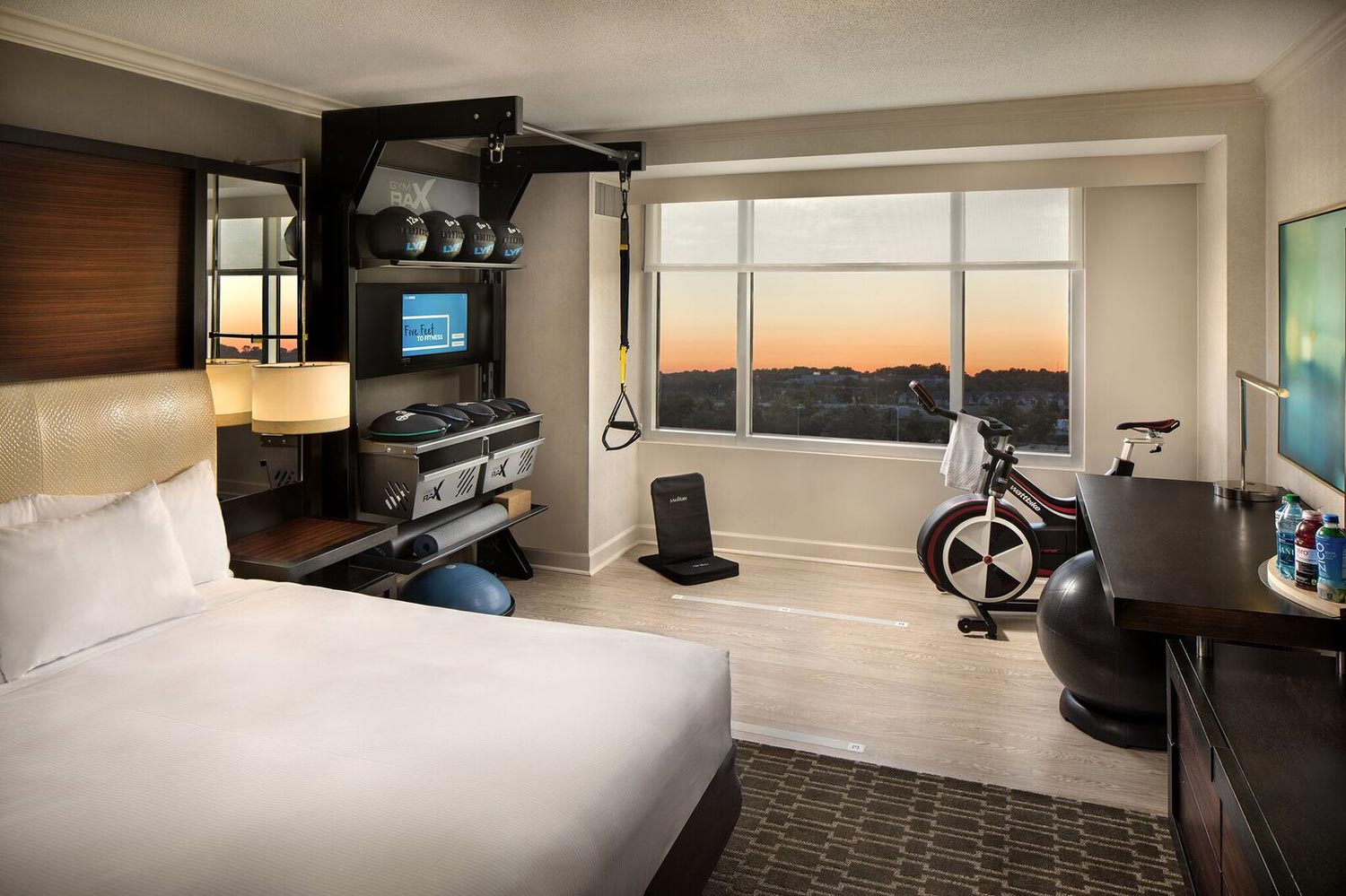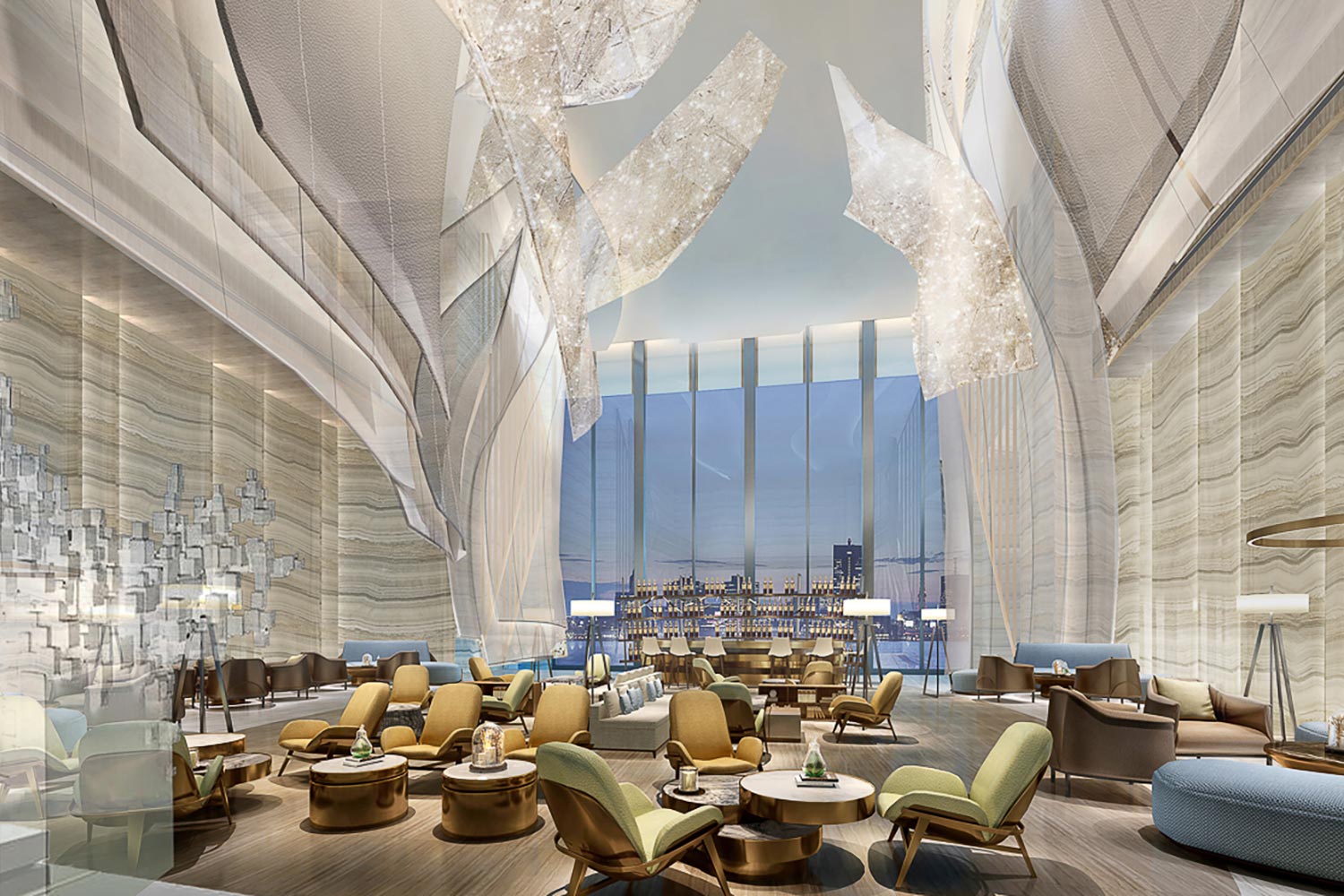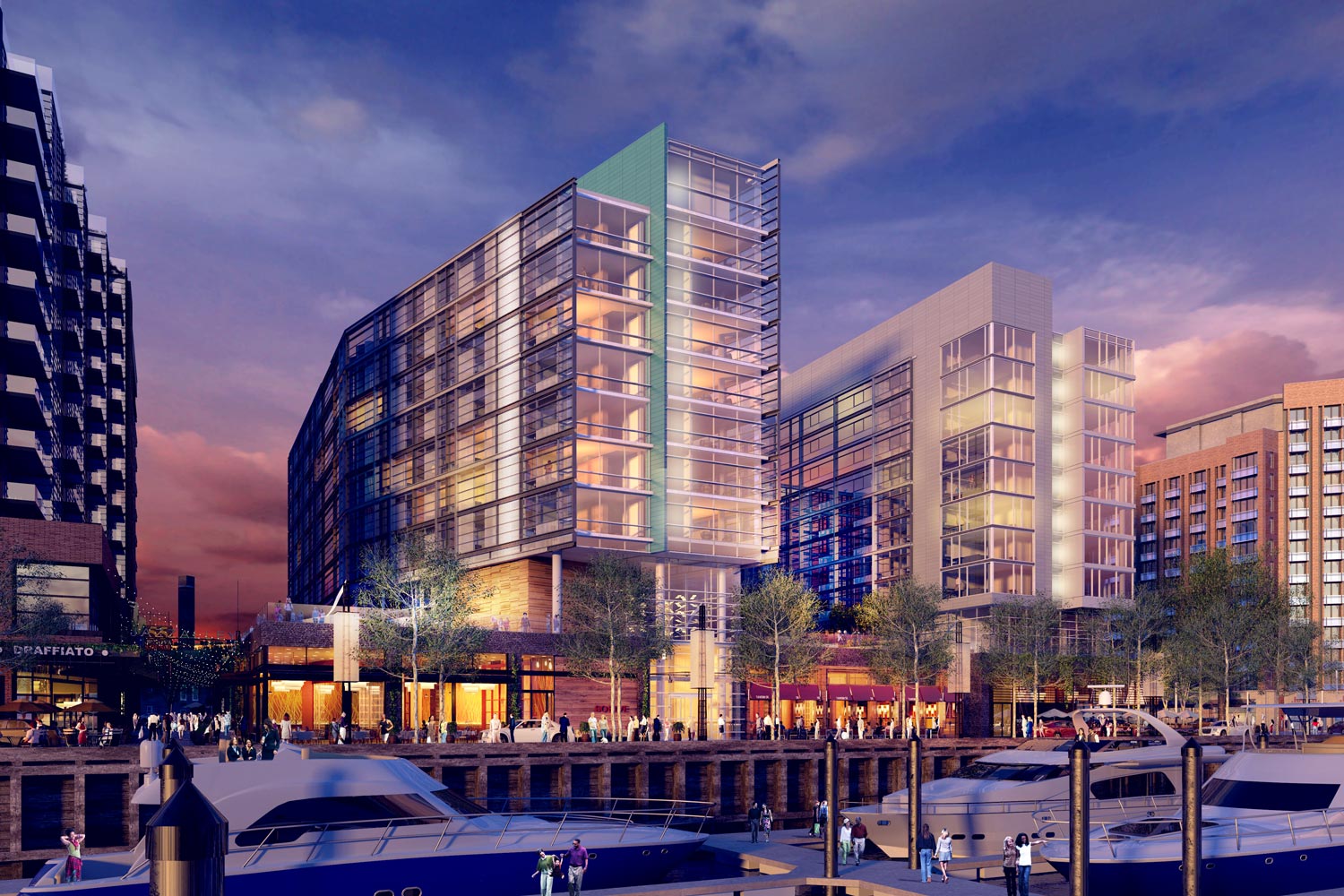As a student at the University of Virginia, Chris Nassetta spent his summers working in hotels – cleaning, carrying bags and even plunging toilets.
Thirty-three years after graduating from UVA, he is still working in the same industry – as the CEO of Hilton
“I like to joke that my career started in the toilet,” Nassetta said, laughing. “It was a summer job, but I realized that I found the hospitality business really interesting.”

Alumnus Chris Nassetta has led Hilton for 10 years. (Photo courtesy of Hilton)
Nassetta graduated from UVA’s McIntire School of Commerce in 1984 and became the CEO of Hilton 10 years ago. Hilton is the second-largest lodging company in the world, with more than 5,000 hotels in 103 countries. Since taking the helm, Nassetta has led Hilton’s 14 brands through a decade of enormous change and growth in the travel and tourism industry, from the global recession to the rise of the sharing economy.
UVA Today caught up with Nassetta to hear more about the travel trends he is keeping an eye on and the latest developments at Hilton – including the launch of a new budget-friendly hotel, Tru by Hilton, that Forbes has called “a game-changer.”
Q. With the summer travel season wrapping up, what trends have you found the most interesting or exciting?
A. Leisure travel has been very strong. Traditionally, many of our customers travel for business – about 75 percent – but leisure travel has been growing at a faster rate than any other segment. I think that is reflective of the modest economic recovery and growing interest – especially among younger people – in investing in experiences over material things. Travel is one of the great experiences at any age and people want to get out and see the world more and more.
There has also been a tremendous emphasis on wellness, with travelers more focused on how they can eat healthier and stay in shape while they travel. In addition to the gyms in many hotels, we started a new program called “Five Feet to Fitness” that brings custom fitness technology into rooms, along with videos for quick workouts.

Hilton’s “Five Feet to Fitness” concept brings workout equipment to rooms in a bid to capture health-inclined travelers. (Photo courtesy of Hilton)
In terms of food, grab-and-go options are increasingly popular, often drawn from local providers.
Q. Which destinations are showing the most growth?
A. The growth in leisure travel has been spread across every region, actually. We operate in 103 countries around the world, and all of those regions are growing at historically high rates. We have about 330,000 rooms in the pipeline of development right now and are opening more than a hotel a day around the world, which is a high-water mark for us.
In terms of percentage growth, our highest growth rates are in the Asia-Pacific region and the Middle East, in part because Hilton already had a larger base in other areas of the world.

The Hilton Quanzhou Riverside in China. Hilton is experiencing its highest growth rates in the Asia-Pacific region. (Photo courtesy of Hilton)
Q. The hospitality industry, like many others, has been reshaped by technology and disruptive startups like Airbnb. How has Hilton adapted to these changes?
A. All industries are dealing with disruptive forces to some extent, but I view our business as fundamentally different from Airbnb’s model. We have a product that is very consistent, with amenities like food and beverage, fitness facilities and pools, in addition to lodging. It’s a reliably good product delivered with a culture of authentic, personalized service, by employees who are trained over years and years.
Airbnb is generally focused on leisure travel and is an inconsistent product by definition. It’s often used for more extended stays or larger groups of people, and the service varies greatly.
Q. You launched a new hotel brand last year, Tru by Hilton, that offers more affordable rates and accommodations. What made Hilton decide to launch that brand and how is it going?
A. We wanted to create a more budget-friendly brand that would appeal to the modern traveler. Tru hotels will have large public spaces with lots of activity, lots of natural light, food and beverage with a local slant, and airy, efficiently designed rooms.
This will all come at a lower price point. Hampton, which was the lowest price point among our brands, averages about $110-$120 per night. That is too expensive for many. Data showed that about a third of all demand in the U.S. is at the $80-$90 price point. There was not a brand at that price point, in my opinion, that was consistently good, so we decided to start our own.
We have four Tru hotels open now and 420 in development, which is the fastest brand launch in our history. Our customers love it so far, and I think it could become our biggest brand.
Q. What do you love about working in the hospitality industry?
A. Hospitality is a business of people serving people. Everything that all of us at Hilton do is about serving people, and I love that.
It’s also a very high-growth industry. Travel and tourism is one of the world’s largest industries, responsible for one in 10 jobs worldwide and about 10 percent of the global GDP [gross domestic product]. For individual employees, that means there are tremendous opportunities for growth. Around Hilton, there are thousands of stories similar to mine, of people who started at the lowest levels and worked their way up.
It is also a massively complex, global ecosystem that involves a little bit of everything, from construction to marketing and sales. To me, that was incredibly compelling. I did not want to get pigeon-holed, and this industry offers a new learning experience every day.
Q. How did your time at UVA influence your career trajectory?
A. UVA was a spectacular experience, and the Commerce School positioned me as well as I could have hoped. I had some wonderful classes and professors. George Overstreet [Walker Professor in Growth Enterprises in the Commerce School] remains a great mentor and friend. He got me interested in real estate, which is adjunct to hospitality, and was one of many professors whose influence allows me to do what I do today.
Q. Any parting advice for students interested in hospitality or travel-related careers?
A. Two things. For any business you are going to enter, including hospitality, spend some time figuring out what happens on the front lines. We are a business of people serving people. You need to know what it takes to deliver a great experience for customers.
Second, focus on being part of a team. Everything takes a village in our organization. Focusing on being a fully functioning, effective member of whatever team you are on is critical.

Media Contact
Article Information
August 30, 2017
/content/cleaning-toilets-hilton-ceo-qa-alumnus-chris-nassetta

